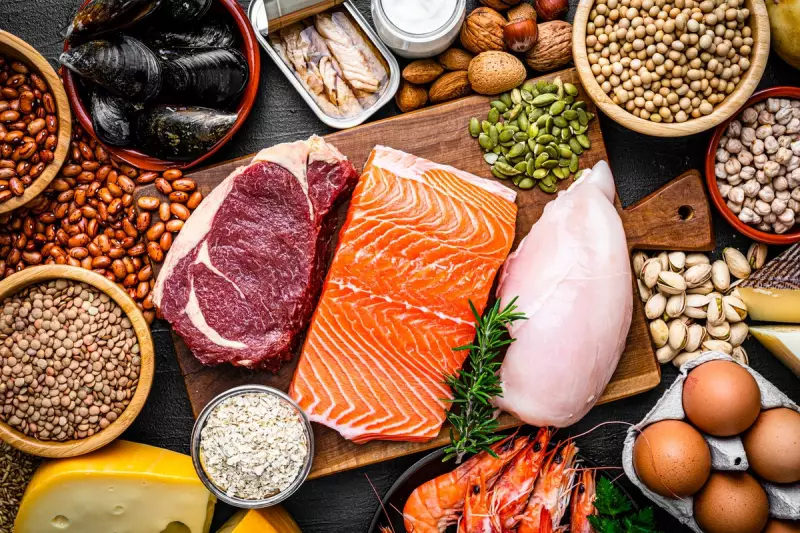
Health experts are issuing a stark warning about the potential dangers of excessive protein consumption, challenging the widespread belief that more protein invariably means better health. While lean meats like chicken and fatty fish such as salmon are nutritional powerhouses, overindulgence could be quietly undermining your wellbeing.
The Hidden Dangers of Protein Excess
Emerging research suggests that consistently consuming more protein than your body requires can trigger a cascade of negative health effects. Contrary to popular fitness culture messaging, there is a threshold beyond which protein stops benefiting and begins harming the body.
"There's a persistent myth that we can't get enough protein, leading many to overconsume," explains a leading nutritionist. "The reality is that exceeding your body's needs can potentially accelerate ageing processes and increase arterial stiffness, contributing to cardiovascular complications."
How Much Protein Do You Really Need?
According to the British Dietetic Association, most adults require approximately 0.75-1g of protein per kilogram of body weight daily. For a 70kg (11st) individual, this translates to roughly 52-70g of protein—equivalent to:
- Two chicken breasts (100g each)
- Or three salmon fillets (100g each)
- Or 7-10 eggs
Many Britons, particularly those following fitness trends or high-protein diets, significantly exceed these recommendations without realising the potential consequences.
The Science Behind the Risks
Excessive protein intake, especially from animal sources, may overactivate biological pathways associated with growth and ageing. This constant stimulation could potentially accelerate cellular ageing and increase the risk of age-related diseases.
Additionally, high-protein diets often correlate with increased saturated fat consumption, which can elevate cholesterol levels and contribute to heart disease risk—particularly when protein comes from red and processed meats.
Finding the Right Balance for Optimal Health
Nutrition experts emphasise that quality and distribution matter more than quantity when it comes to protein consumption. They recommend:
- Spreading protein intake evenly throughout the day
- Incorporating plant-based proteins like lentils, beans, and tofu
- Choosing lean animal proteins and fish
- Calculating your individual needs based on activity level and health goals
"The goal isn't maximum protein intake—it's optimal protein intake tailored to your body's needs," advises a registered dietitian. "More isn't always better when it comes to nutrition."
As research continues to evolve, the message is clear: while protein remains essential for health, moderation and variety are key to harnessing its benefits without incurring unintended health costs.





